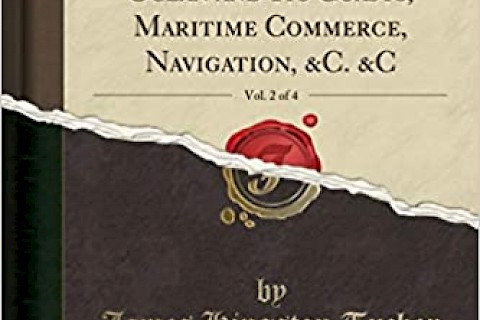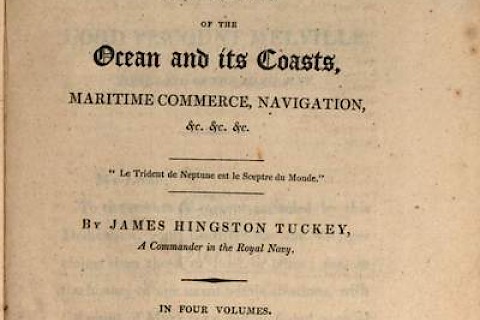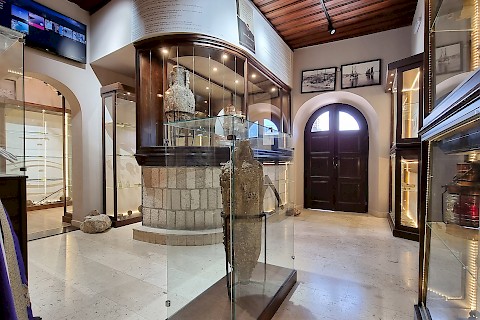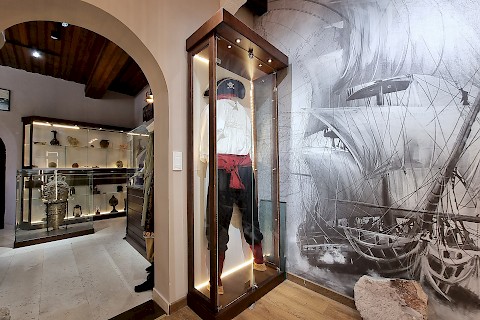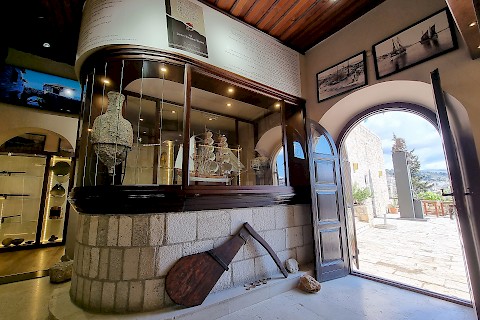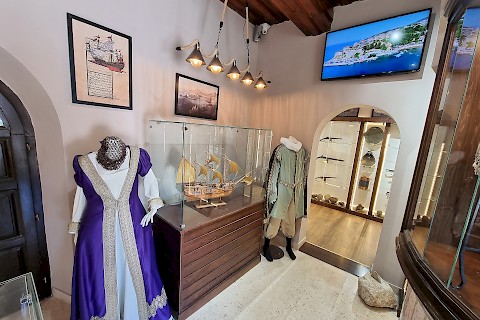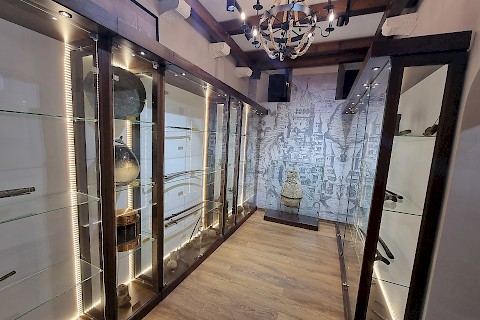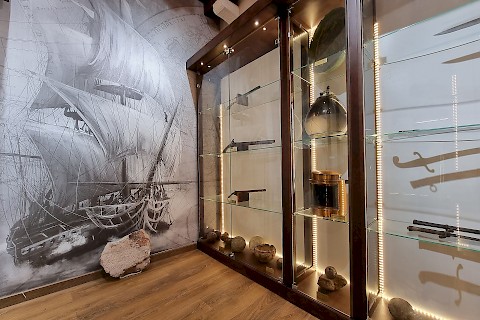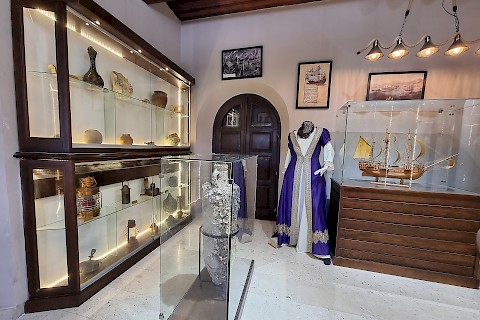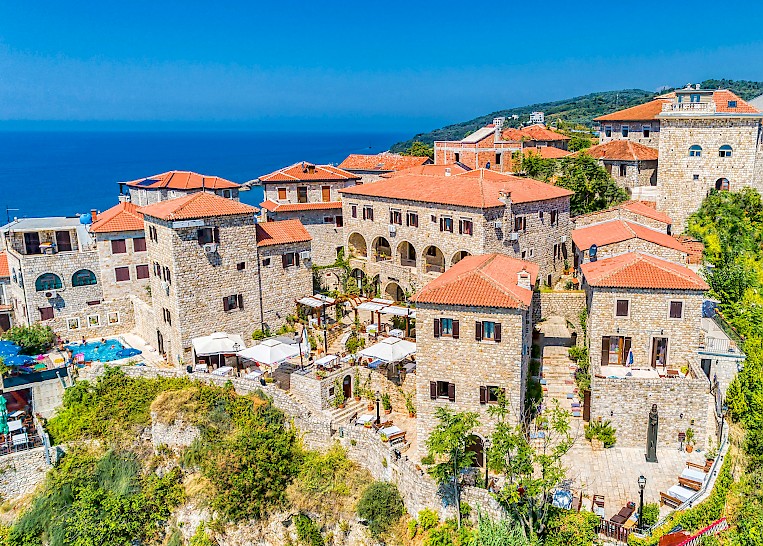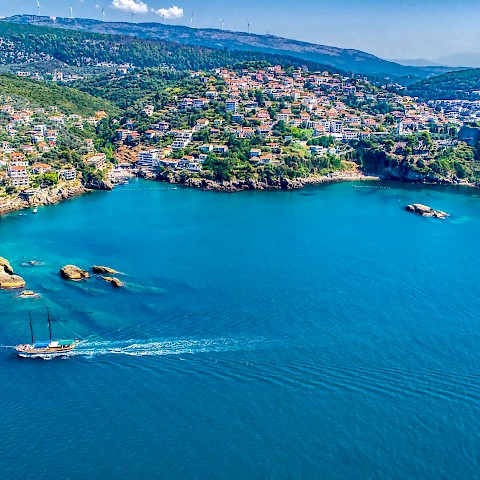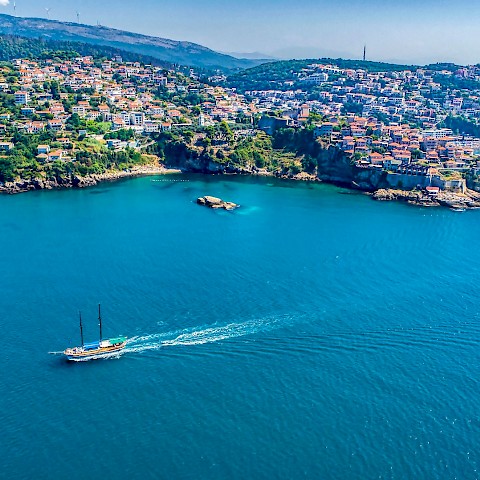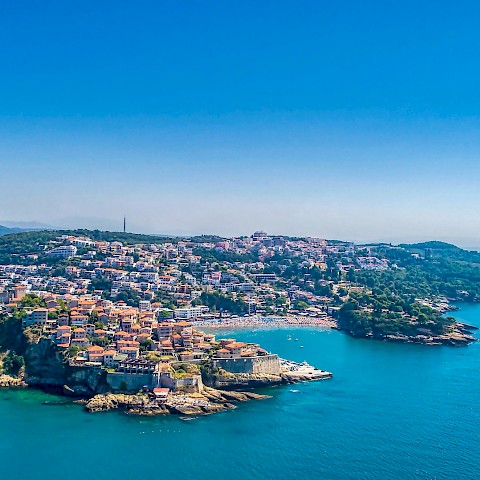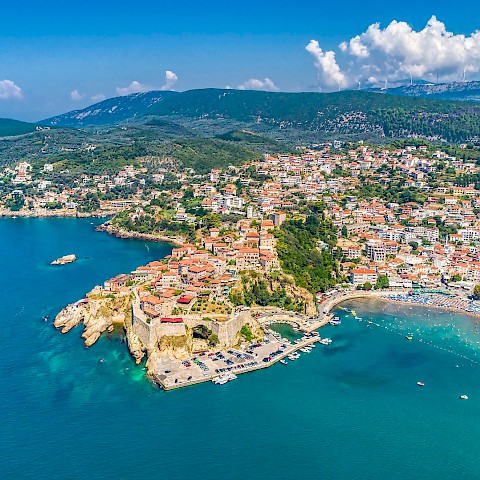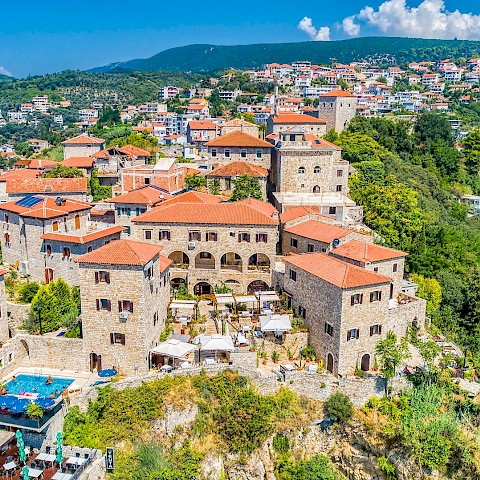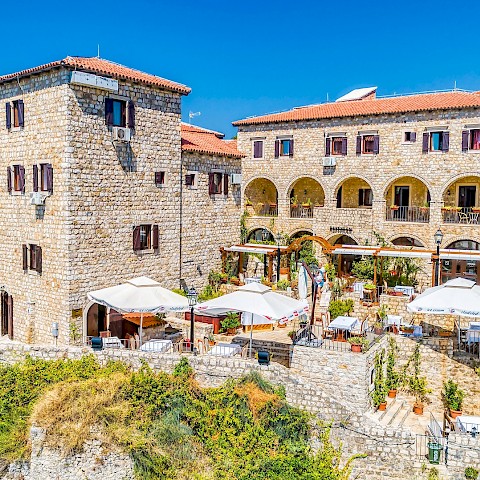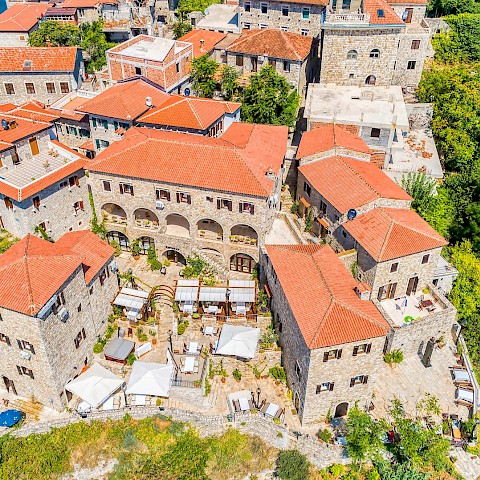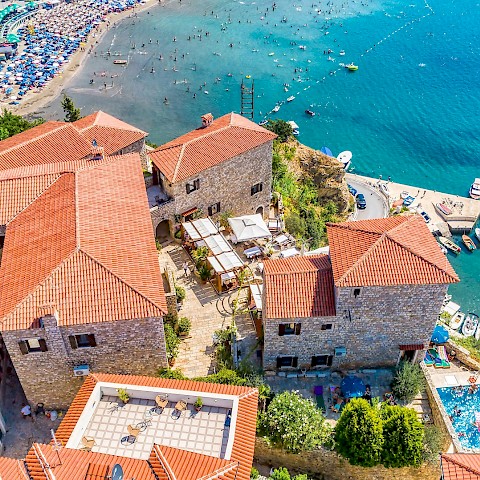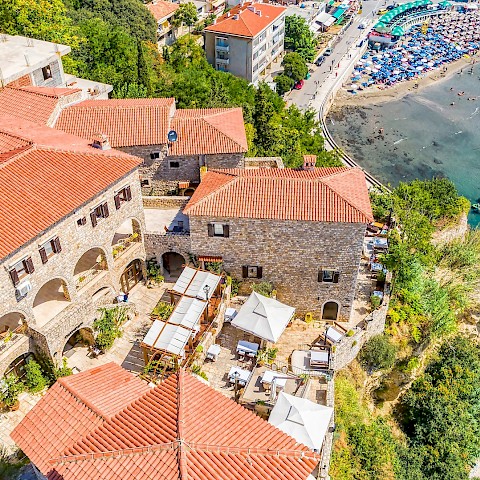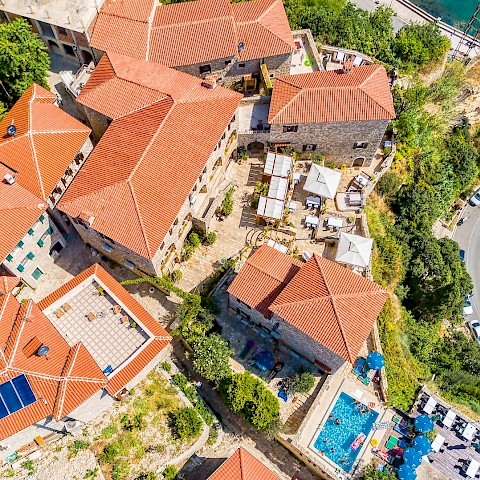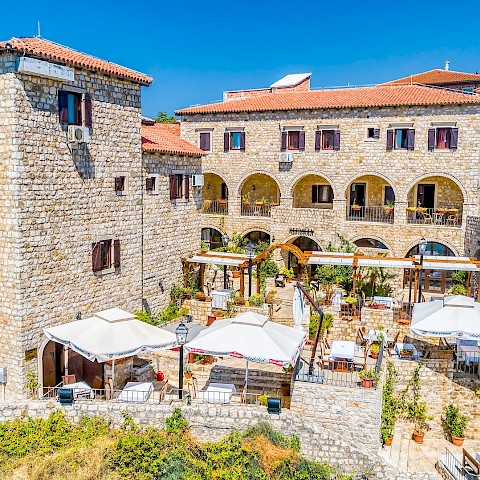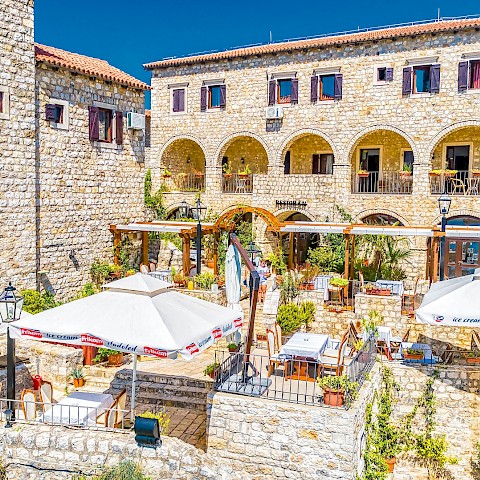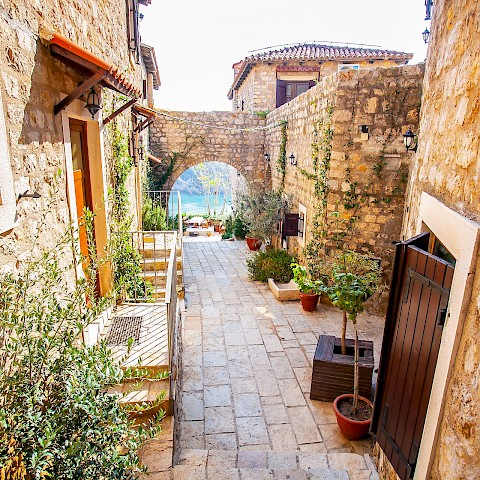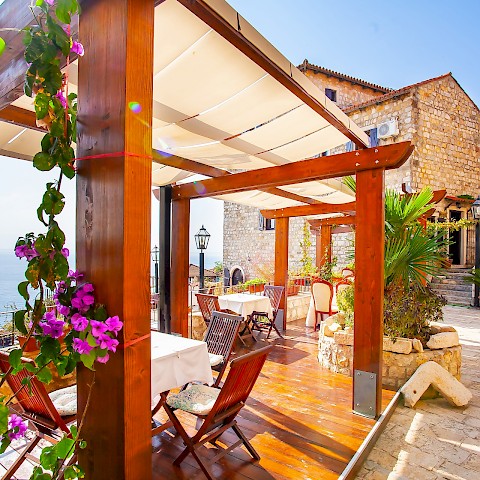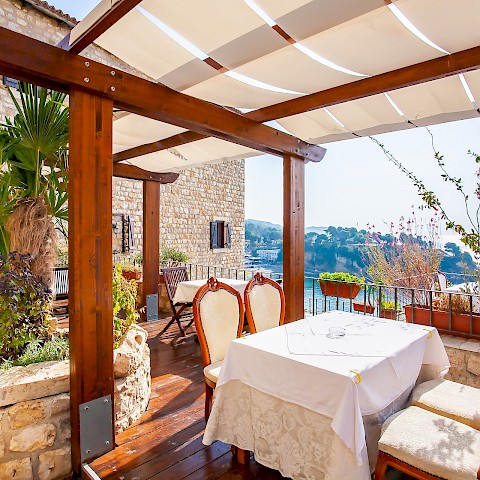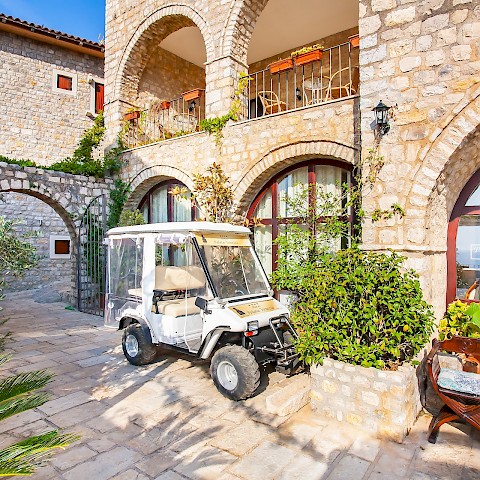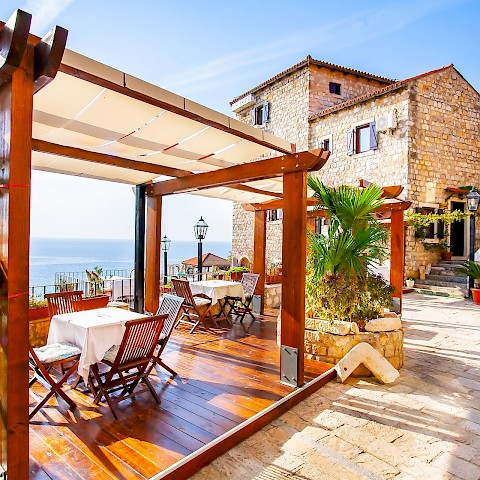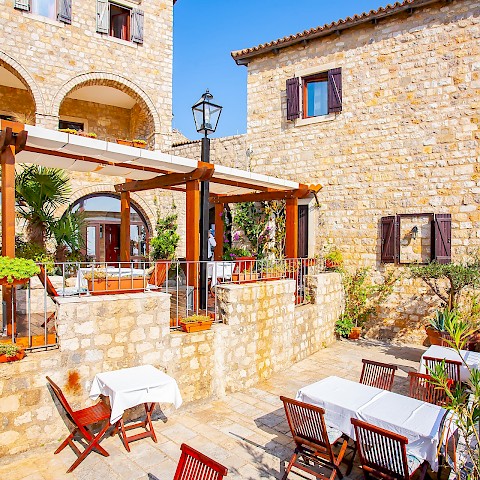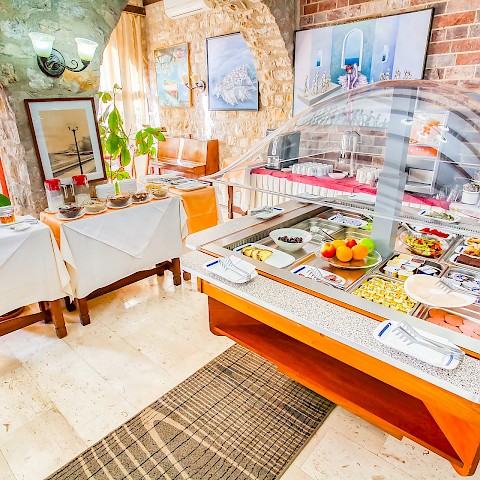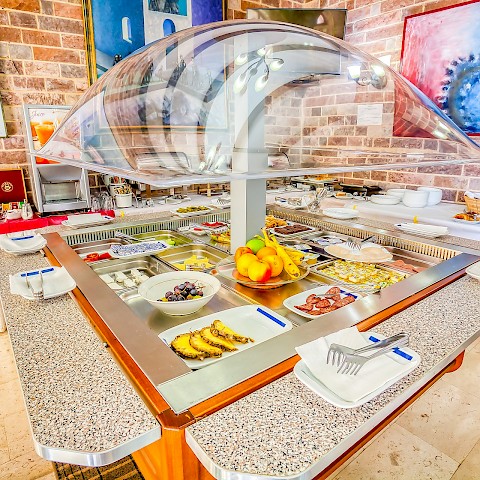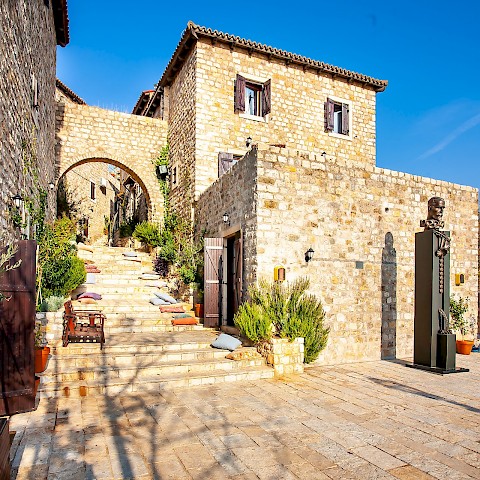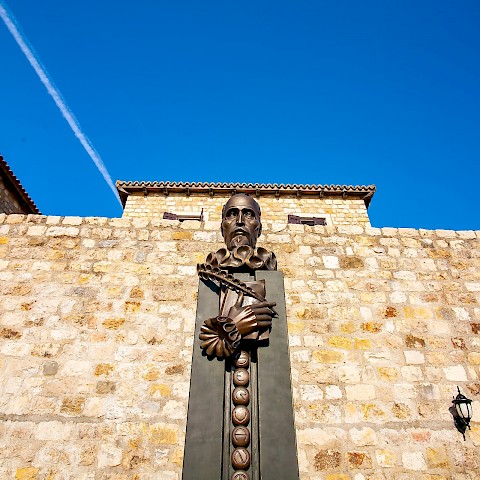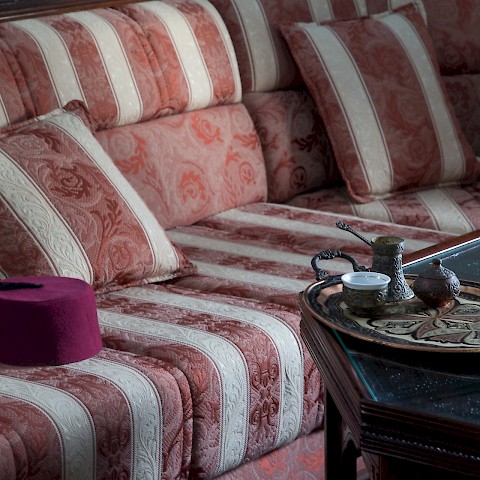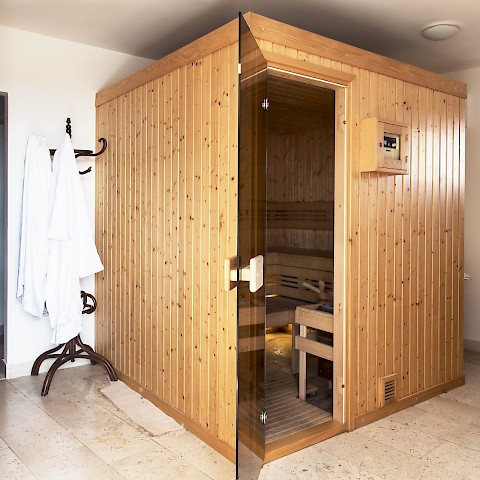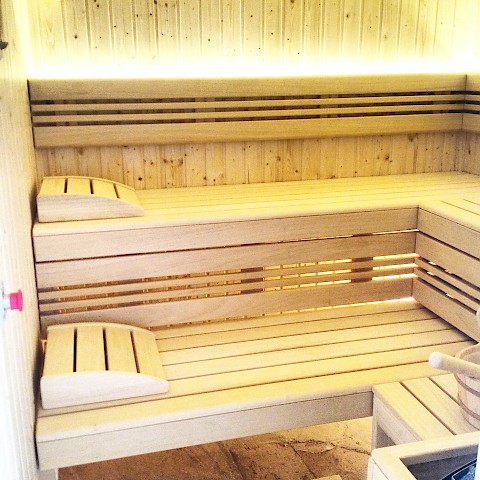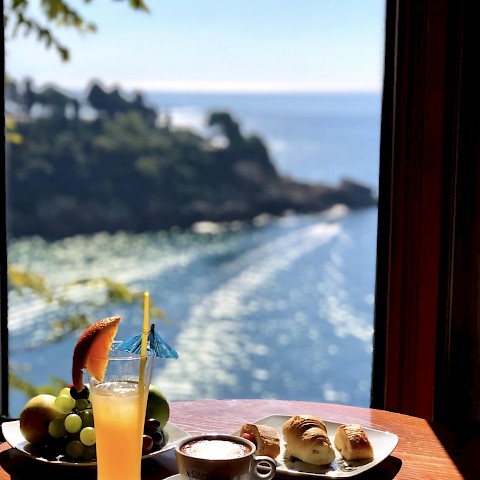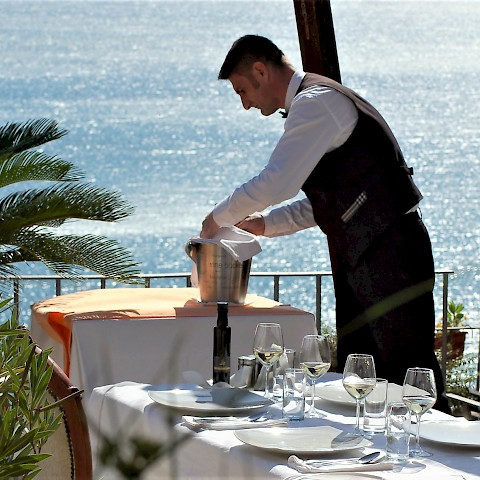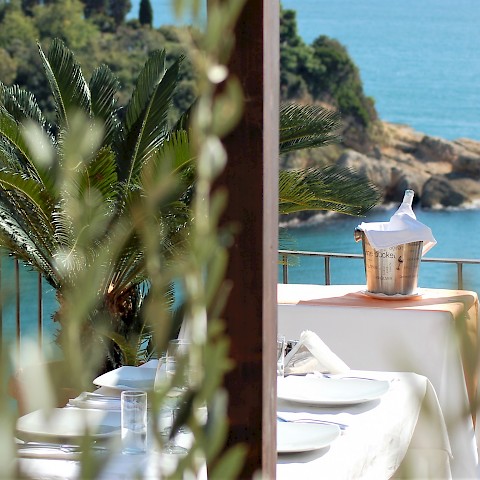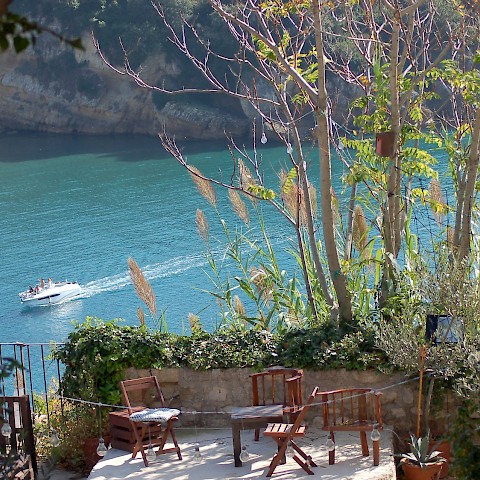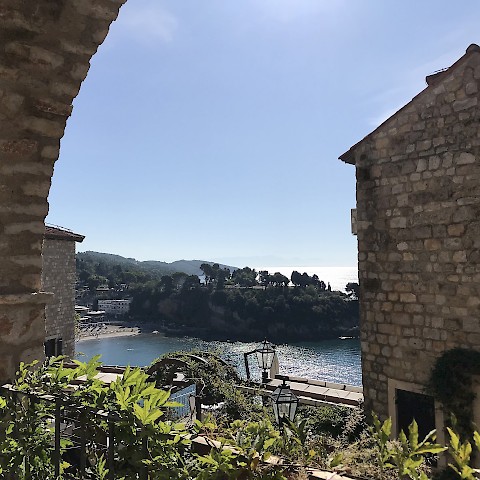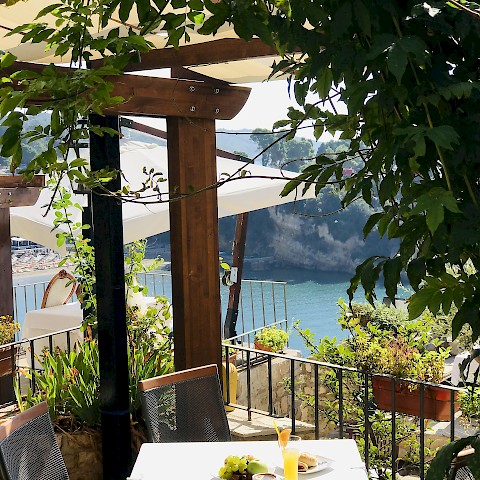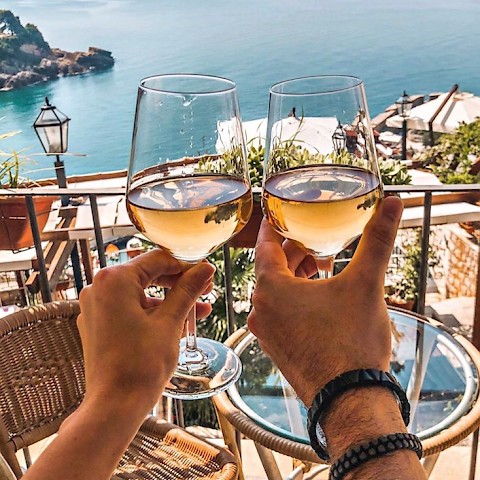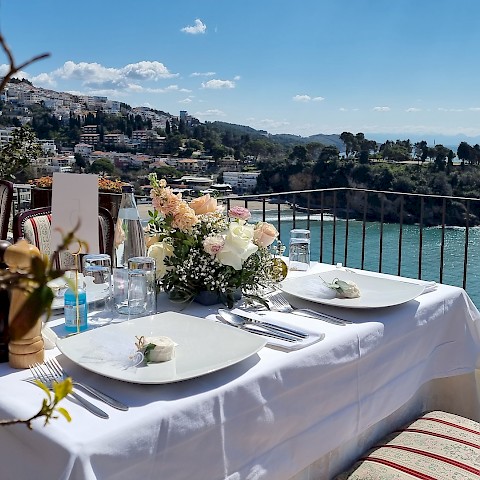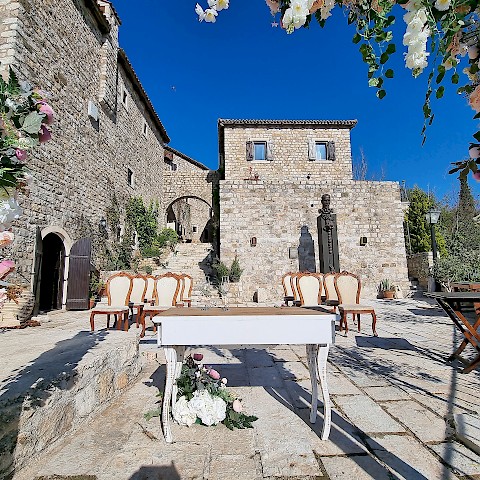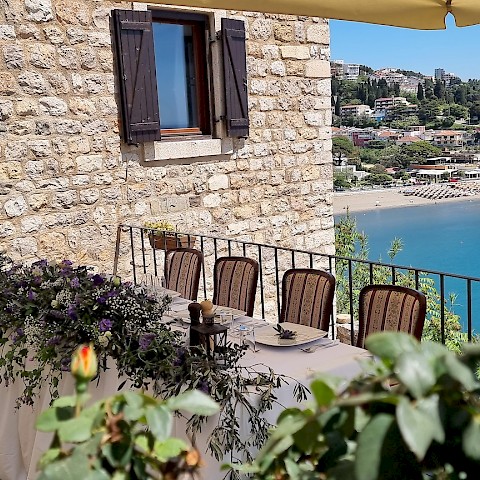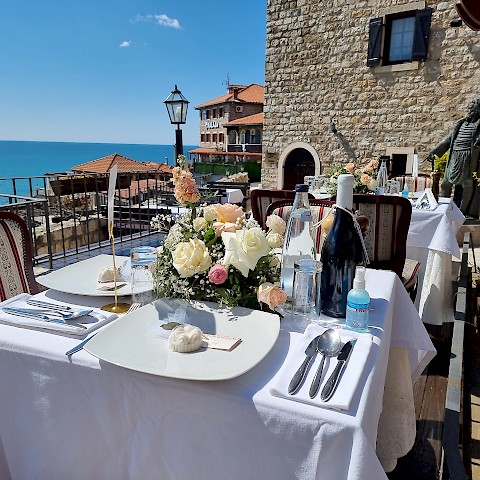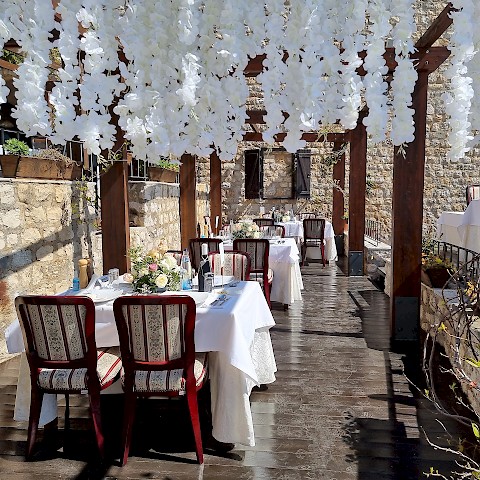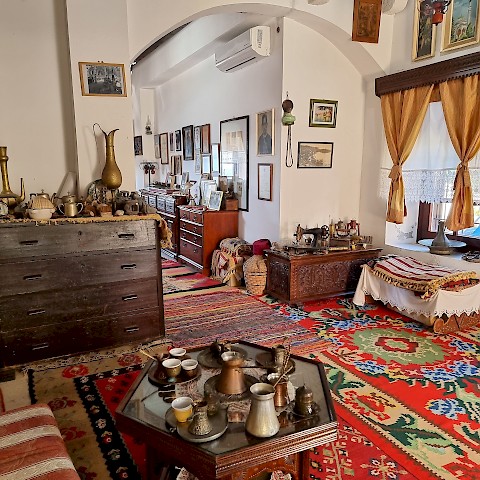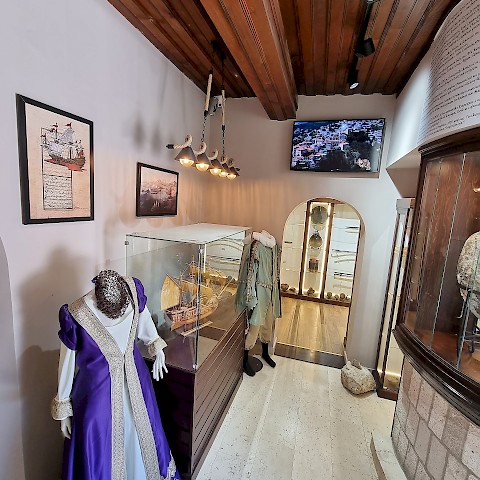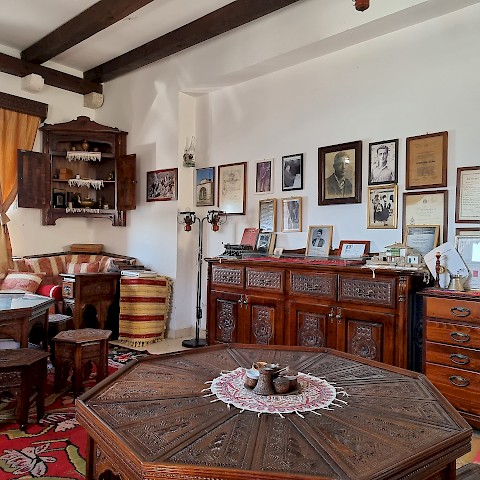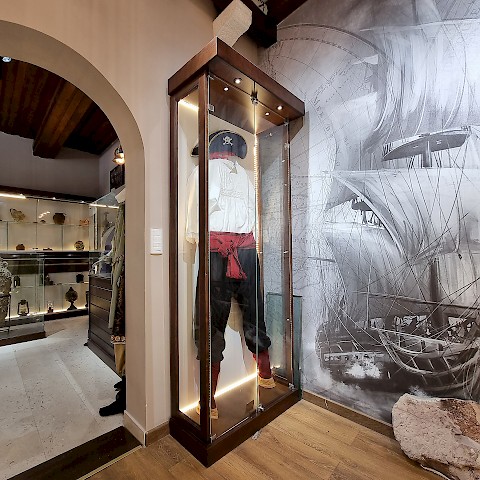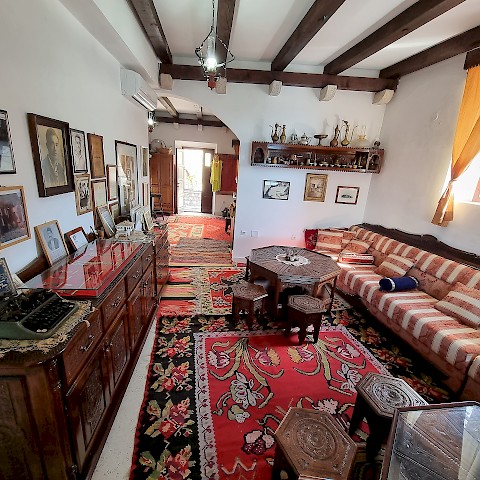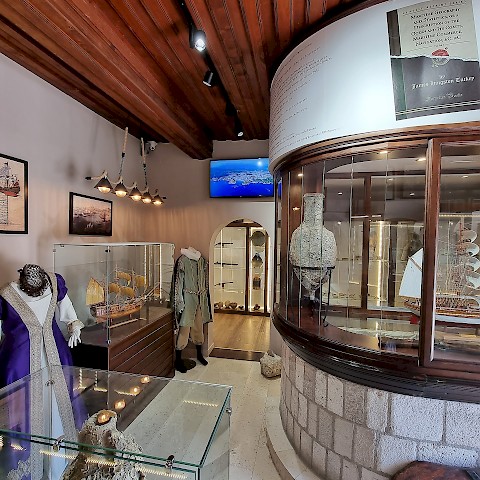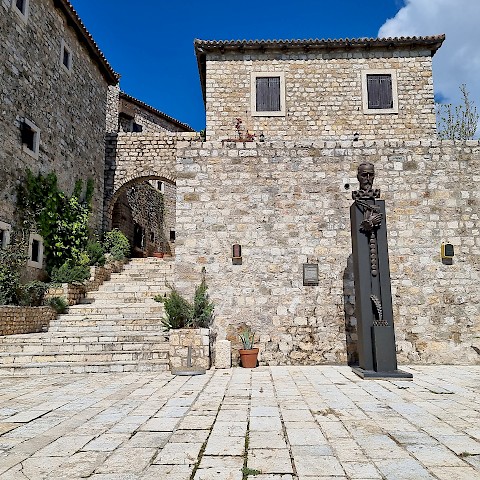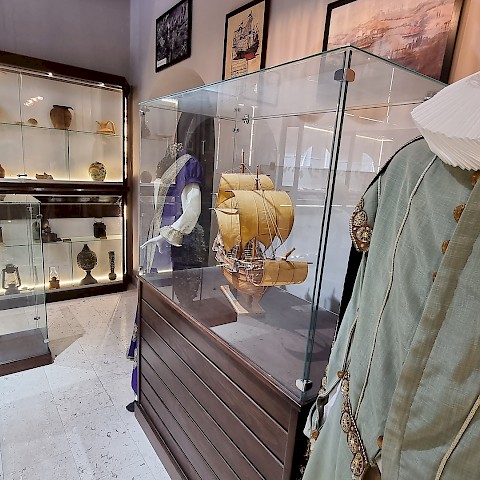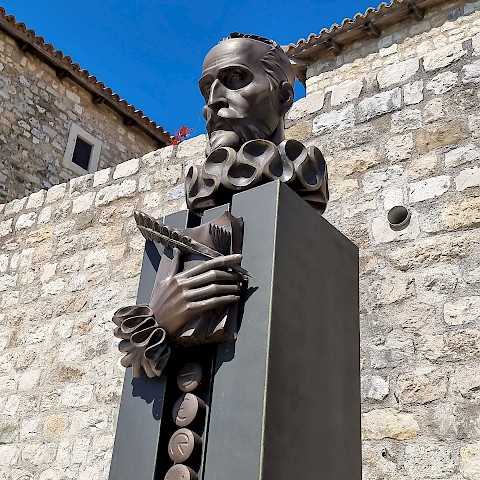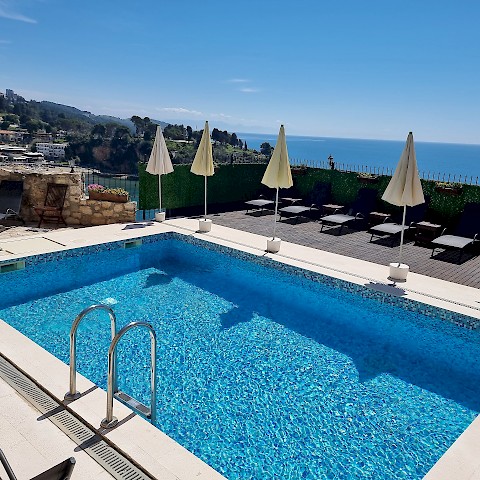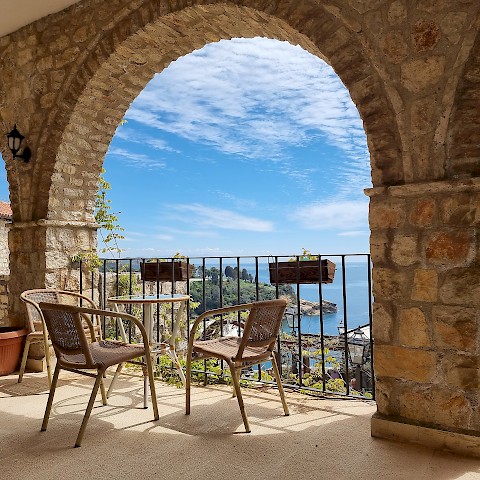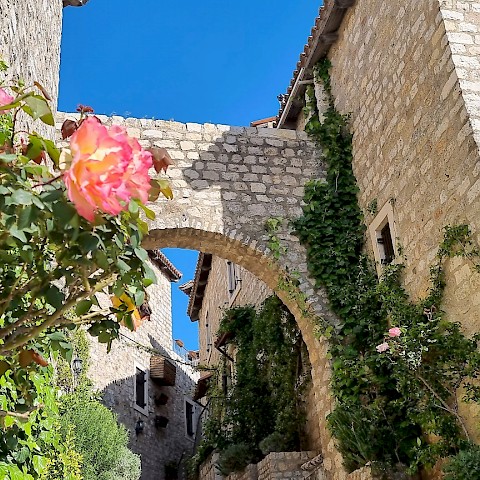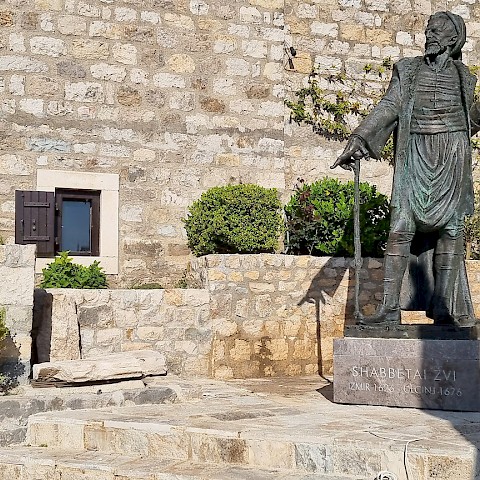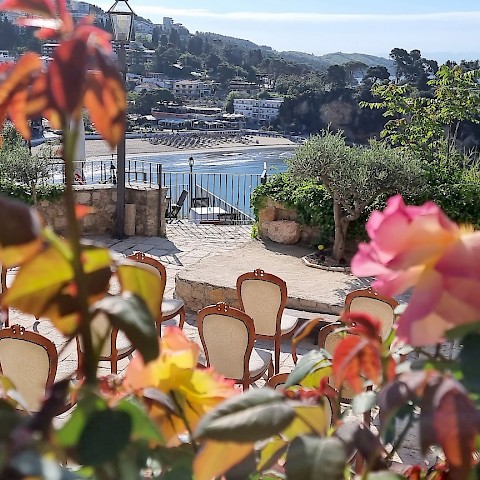MUSEUM OF ULCINJ'S CORSAIRS (PIRATES)
James Hingston Tuckey (1776-1816) was a naval captain and scientist from Great Britain.
He is the author of several important geographical books, which even today often stand out as a significant source, including "Maritime geography and statistics".In that book, which was published in London in 1815, Tuckey, among other things, states that "Dolcigno is a town of 6,000 inhabitants who are considered among the greatest pirates of the Mediterranean." This was the main reason why the Museum of Ulcinj's corsairs (pirates) is open.
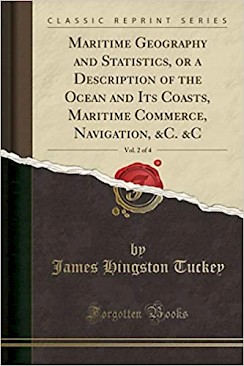
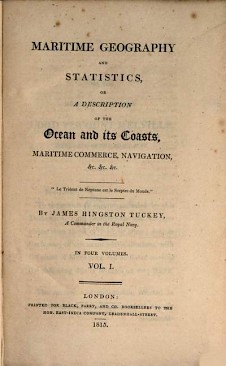
Pirates (corsairs) are naval warriors who authorized attacked and plundered enemy ships or goods. They should definitely be distinguished from pirates - bandits at sea.
Whoever could was always engaged in piracy on the Adriatic. The Illyrians attacked the ships of the Greeks and Romans, to whom it was an excuse that in the 3rd century BC. go to war against the beautiful Queen Teuta.
After the greatest naval battle in history, near Lepanto on 7.10.1571 year, the commander of the fleet of the Ottoman Empire became a famous captain, Algerian Uludz Ali (Kilič Ali). He knew the quality of Ulcinj sailors, helped them organize, procure the necessary ships and start piracy, and reinforced them with several hundred of his hardened fighters.
The people of Ulcinj initially had a light fleet, and later, often in cooperation with the Berbers, they attacked cities in Boka, Dalmatia and on the Italian coast, as well as Venice. They came to a large and rich booty - goods and slaves, creating from Ulcinj a small "pirate republic".
Some of the most famous Ulcinj pirates were: Ali Korza, Hadži Alija, Hajdar Visi, Hajdar and Mustafa Karamindžoja, Lika Ceni, Adem Stavri, Husein Rejzi ...
"They are terrorizing the Adriatic," wrote in 1718. the French consul in Durres, Jose Isnar, points out that the pirates of Ulcinj do not respect the sultan or any other authority in the world. However, after the Treaty of Požarevac in 1719, the Ottomans established peace with Venice and managed to interdict Ulcinj piracy through a series of measures, including the burning of ships.
The people of Ulcinj are forced to change their craft: they are creating a powerful merchant fleet whose ships can be seen in all important ports in the Mediterranean.




